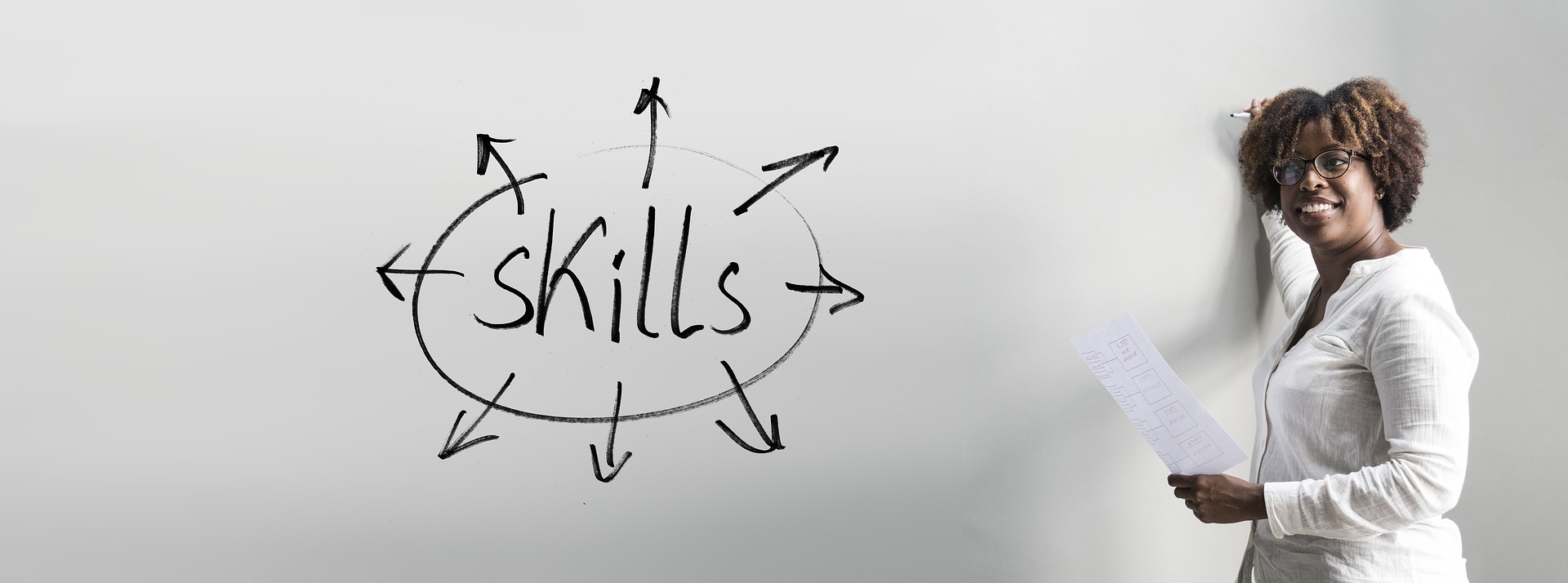It’s quite possible greater creativity, productivity, problem solving, answers and progress are a result of a heightened mindset not yet widely or fully understood or practiced.
Flow is that state of mind and skill set and it has been defined in different ways.
In writing about it, Jory MacKay has described it as, “the state of mind where we’re so focused, so disciplined, and so in tune with our abilities, that the world around us disappears and the work feels like it’s doing itself.”
Steven Kotler, a New York Times bestselling author and the executive director of the Flow Research Collective has written in this book The Rise of Superman that flow is “high-speed problem solving; it’s being swept away by the river of ultimate performance.”
If both of these definitions are factual, it would seem that learning about and pursuing flow would be skill attractive to develop into a competence and eventually expertise for the purpose of being able to access it reliably and earn the afore-mentioned benefits.
Moving into the highest level of focus and flow to reach our top mind capabilities still seems to be a missing roadmap for most of us yet that ignorance doesn’t have to remain one.
“There are a number of specific requirements for us to kick into a high level of focus, getting into a zone and then flow, that is optimal experience, in which we do great work,” says Terrell L. Strayhorn, CEO of Do Good Work Educational Consulting and a professor of Urban Education at LeMoyne-Owen College in Memphis, Tenn.
The steps to enter into it are not simple tasks.

“To truly usher an individual into increasing levels of focus, getting into a zone, that challenge must be related to the individual’s actual abilities,” Strayhorn says. “Flow requires activities that are challenging, but not too challenging. Too little challenge? People get bored, lose or lack interest, and are rarely motivated to engage. Too much challenge? They’re intimidated, stressed, and retreat from the activity.”
What makes flow such a powerful state of mind and potential is what it helps elevate above, Strayhorn says.
“Flow is a state of optimized consciousness where we become fully absorbed in what we’re doing, at the exclusion of other thoughts, emotions, and distractions.”
That optimization of thinking and action and the ability to not be dragged down by competing stimuli can only increase the quality of brainpower and application.
Strayhorn says that flow is about more than concentrated and rare focus.
“Other factors include intrinsic motivation and what we call arousal level in research fields. So while flow is definitely about focus, it’s also about pleasure and enjoyment.”
Maintaining focus and flow can prove challenging at times. When a person begins to transition out of a state of flow, specifically when it occurs before we are ready, Strayhorn says the reasons can be multiple.
“There are a number of explanations about what happens when we start to prematurely transition out of flow,” he says. “This might happen when a proximal, or nearby distraction or mental thought or emotion breaks our concentration, redirects our focus from the task to something else, or disrupts our enjoyment of the activity. We can also prematurely transition out of flow due to anxiety, fear, or pain.”
It is a fragile strength.

“Generally speaking, we transition out of flow the very moment that action, what one’s doing, is split from awareness, one’s perception of the activity, and we regain consciousness of the effort that’s required by a task, our skills, and the many distractions around us,” Strayhorn says.
Interestingly, another factor that disrupts and halts flow is confidence that devolves to doubt and subsequent self talk that acts as distractionary and suboptimal chatter.
“In a practical sense, these cognitive interruptions that are sometimes audible occur when questions and doubt’s flash in one’s mind like, ‘Am I doing this right?’ ‘How long have I been doing this?’ or ‘What are others doing?’” Strayhorn says.
What happens when our mind begins to question itself, our approach and competence is akin, he says, to ceding control to our animal or instinctual brain.
“Questions like these can hijack a flow episode, although it’s important to note that momentary interruptions are normal and one may be able to regain and maintain intense concentration that leads to flow.”
The benefits are significant and likely difference makers in our lives.

“When the flow state is achieved, we experience a loss of self-consciousness, which can also lead to boundless aspirations, limitless creativity, and effortless cognitive processing,” Strayhorn says. ”In the zone, we stop doubting ourselves and second-guessing our decisions or holding back out of anxiety, fear, or quite frankly too much thought.”
Side benefits, he says, are the psychological experiences that can result.
“Research, some of which is my own, has shown that when we experience flow we have high self-esteem, greater confidence and a stronger sense of belonging in the domain of performance, Strayhorn says.” It’s when novice pianists feel like virtuosos, rookie players feel like ‘Hall of Famers,’ and newly-minted Ph.D.s see a long future for themselves in the academy.”
While the potential is high it isn’t a guarantee of the ideal outcome.
“Flow experiences often enable us to do our very best but this association is not automatic, neither is it always the case,” Strayhorn says.
As for the reason why, he explains mindset, while connected to outcome, is only part of the equation.
“Flow is different from peak performance and peak experience,” Strayhorn says. “While most people experience flow during peak performance, such performance will not necessarily follow every flow state. Flow moves between enjoyment and optimal experience.”
He provides an example from personal experience. While working on writing a textbook he had struggled early on with the quality he was striving for and the effort required to get to the level he was reaching was extraordinarily challenging, with distractions common. That is, before a scheduled trip.
“Knowing that my deadline would arrive sooner than desired, I blocked time on my calendar for a long train ride from Cleveland, Ohio to New York City where I could write for extended periods of time, undistracted,” Strayhorn says.
“It wasn’t automatic, but at some point, as the train moved across tracks along the Great Lakes, I struck a balance between challenge and skills, felt at one with my actions and awareness, totally absorbed in the writing process, where writing and editing, creating and critiquing became effortless.”
He says this state of mind, focus and flow wasn’t limitless.
“Of course, it didn’t last forever. If it lasted the rest of the train ride, it was certainly upended when the whistle blew and the train halted into New York’s Penn Station,” Strayhorn remembers, yet fondly acknowledging “even now when I read the book, I can recognize and recall the sections that were written ‘in the zone.’”
Marcus Wadell, a musician, decided more skilled focus and flow was necessary for his business interests.
“My perspective on flow relates to deadlines and accessing and using flow better in a creative process,” he says. “This process helped me by giving me a deadline and a customer. I’ve been able to write and produce consistently even when I ‘don’t feel like it,’ and the best part is, when I do ‘feel like it,’ I just have a super creative feeling.”
Dalton Johnson, a freelance adventure photographer says he counts on flow not only for the quality of his work but surprisingly, his safety.
“Focus and flow come into play on the daily for myself as a creative and entrepreneur,” he says. “My work takes me to the edge, dangling from a rope 3000 feet above the ground to swimming into some of the largest waves in California. If I lose focus or step out of flow, I die.”
Advanced focus and the state of flow may not be widely understood and regularly taken advantage of yet both offer a variety of benefits that might not otherwise be realized.


